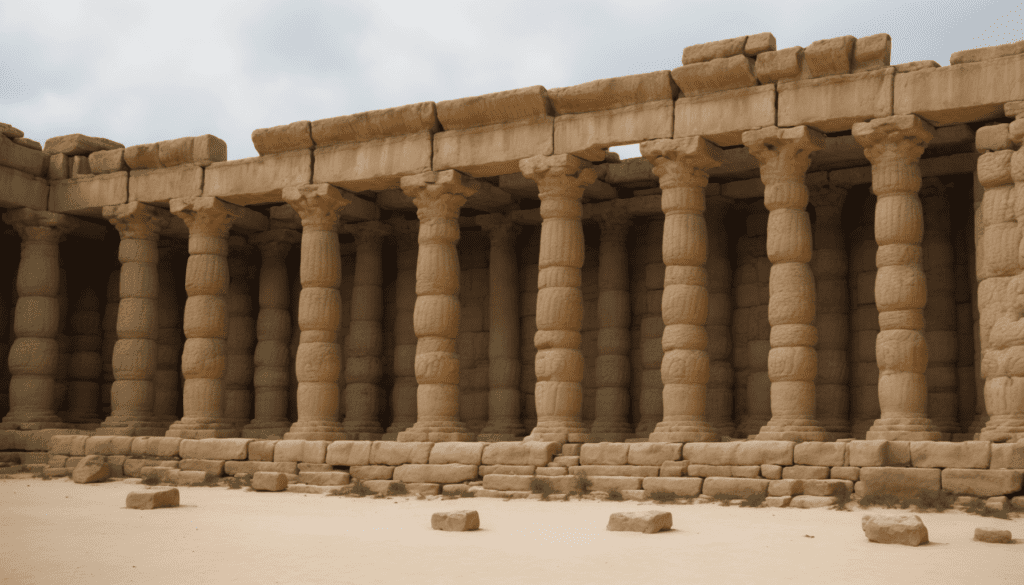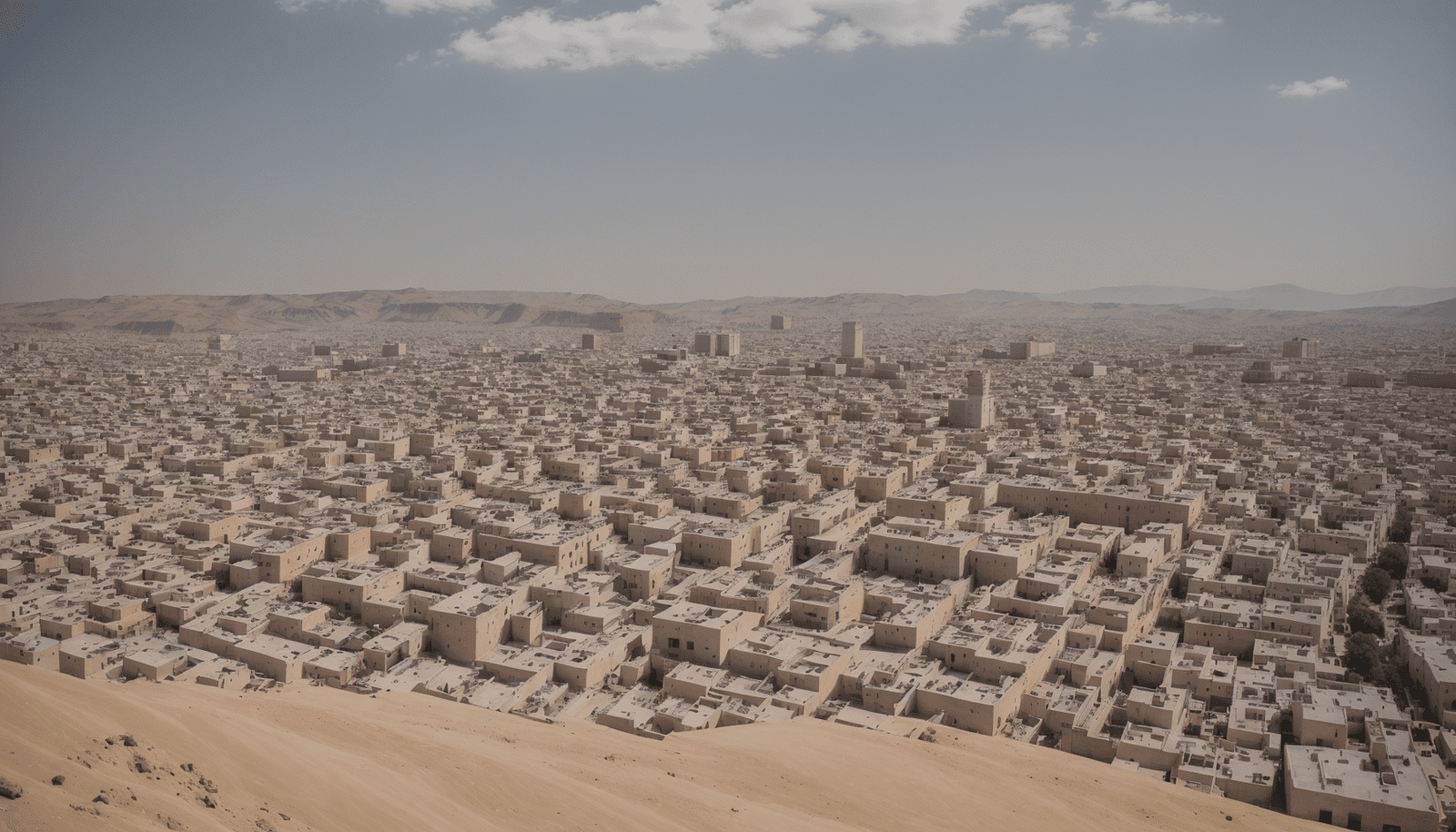The year 2024 stands on the precipice of possibility for the Kurdish and Assyrian people. Their dream of establishing a nation-state, a dream nurtured for centuries through hardship and resilience, seems closer than ever, yet riddled with uncertainties. This blog delves into the current landscape, exploring the potential pathways towards self-determination while acknowledging the obstacles that remain.
Echoes of Ancient Ancestors:

From the mighty Assyrian empires to the enduring Kurdish tribes, both communities boast a rich and vibrant history etched in the very fabric of the Middle East. Their languages, traditions, and identities have weathered countless storms, a testament to their unwavering spirit.
Quest for Self-Determination:
Their journey for self-determination has been fraught with challenges. From the ashes of the Ottoman Empire, their hopes for autonomy were dashed, replaced by fragmented territories and persistent suppression. The 20th century witnessed tragedies like the Assyrian genocide, leaving deep scars that continue to resonate.
Glimmer of Hope in 2024:
Despite the adversities, the year 2024 offers a glimmer of hope. The Kurdish Regional Government in Iraq enjoys a degree of autonomy, while Kurdish communities in Syria and Turkey continue to advocate for their rights. The Assyrian community, though scattered, actively works towards cultural revitalization and political representation.
Pathways to Nationhood:
Several potential pathways for achieving nationhood exist:
- Federalism: Integration within existing states while securing cultural and political autonomy, as seen in the Kurdish region of Iraq.
- Confederation: A looser union of states respecting individual identities, potentially offering a solution for geographically dispersed communities.
- Independent nation-state: The ultimate aspiration for many, but achieving international recognition and overcoming regional complexities pose significant challenges.
Obstacles and Uncertainties:
The road to nationhood remains fraught with obstacles:
- Geopolitical complexities: Regional powers often hold conflicting interests, making external support for a new state uncertain.
- Internal divisions: Differences within each community can hinder collective efforts and create vulnerabilities.
- Economic challenges: Establishing a viable state requires strong economic foundations, often hampered by conflict and displacement.
Beyond 2024: A Continuing Journey:

While 2024 might not witness the immediate realization of the Kurdish and Assyrian dream, it marks a crucial juncture in their ongoing journey. Their voices are growing louder, their aspirations gaining international recognition.
| Year | Kurdish | Assyrian | Mesopotamian Context |
|---|---|---|---|
| 3000 BC | Early signs of distinct Kurdish identity develop | Development of Sumerian civilization in Lower Mesopotamia | |
| 2500 BC | Akkadian Empire founded, marking the beginning of the Assyrian civilization | Sumerian city-states flourish | |
| 1800-1600 BC | Old Assyrian Kingdom establishes trade networks and influence | Middle Babylonian Kingdom rises to power | |
| 1200-900 BC | Neo-Assyrian Empire emerges as a dominant force in Mesopotamia | Kassite dynasty rules in Babylon | |
| 722-627 BC | Assyrian Empire reaches its peak territorial expansion before encountering internal strife and external threats | New Babylonian Empire under Nebuchadnezzar II conquers Assyrians | |
| 539 BC | Persian Achaemenid Empire conquers Babylonia, leading to Assyrian decline | Assyrians become part of the Persian Empire | |
| 331 BC | Alexander the Great defeats the Persians, ushering in Hellenistic period | Assyrians continue to live under various empires | |
| 622-651 AD | Arab Islamic conquest diminishes Assyrian influence and marks the rise of Islam | Kurds maintain presence in region but lose autonomy | |
| 12th-15th Centuries | Kurdish dynasties and principalities experience periods of power and independence | Assyrians face persecution and forced assimilation under various Muslim rulers | |
| 1514-1918 | Ottoman Empire incorporates Kurdish and Assyrian communities | Assyrians experience massacres and persecution during Hamidian massacres (1894-1896) | |
| 1918 | Ottoman Empire falls, raising hopes for Kurdish and Assyrian self-determination | Assyrian genocide takes place during World War I | |
| 1920s-1930s | Treaties fail to deliver promised autonomy for Kurds and Assyrians | Kurds face suppression under various regional governments | |
| 1945-1991 | Cold War divides region, limiting opportunities for self-determination | Continued persecution and displacement of Kurds and Assyrians | |
| 1991 | Gulf War creates opportunity for Iraqi Kurds to establish autonomous region | Assyrians face renewed violence and displacement during Iraqi Civil War | |
| 2003 | US invasion of Iraq leads to overthrow of Saddam Hussein, but Kurdish autonomy remains fragile | Assyrians seek recognition and protection amid ongoing instability | |
| 2011-present | Syrian Civil War displaces millions of Kurds and Assyrians | Kurds participate in the fight against ISIS, leading to further territorial control | |
| 2024 | Ongoing political negotiations and struggles for self-determination | Assyrians strive for cultural and linguistic revitalization despite remaining challenges |
Embracing Hope and Responsibility:
Supporting their pursuit of self-determination requires ongoing advocacy. By understanding their history, respecting their diverse perspectives, and advocating for their rights, we can contribute to a future where their dream has a chance to flourish.
What is the goal of the Kurdish nationalist movement?
**Achieving self-determination: This could take various forms, ranging from increased autonomy within existing states to the establishment of an independent Kurdish nation-state.
What is the Kurdish ideology?
Kurdish Nationalism: This seeks an independent Kurdish nation-state, emphasizing Kurdish cultural identity, language, and self-determination.
How many Kurds are there in the world 2023?
However, estimates range from 30 to 45 million Kurds globally as of 2023. It’s important to remember that these are estimates and the true number could be higher or lower.
Is Kurdistan a country or no?
Kurdistan is not an internationally recognized country. While there are regions named Kurdistan within Iraq, Iran, Turkey, and Syria, these exist as autonomous regions within those countries, not as independent states. The Kurdish people have aspirations for an independent Kurdistan, but this has not yet been achieved.
What are the Kurdish fighting for?
Self-determination: This includes cultural autonomy, political representation, and potentially even an independent Kurdish state.








